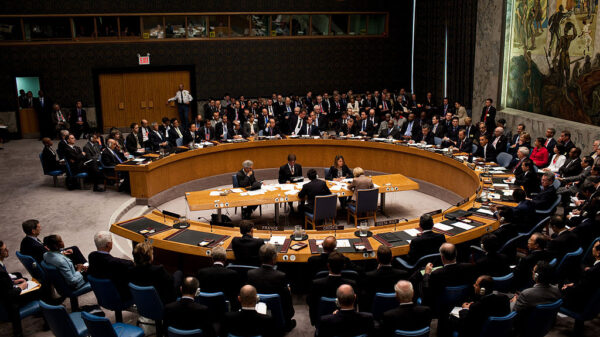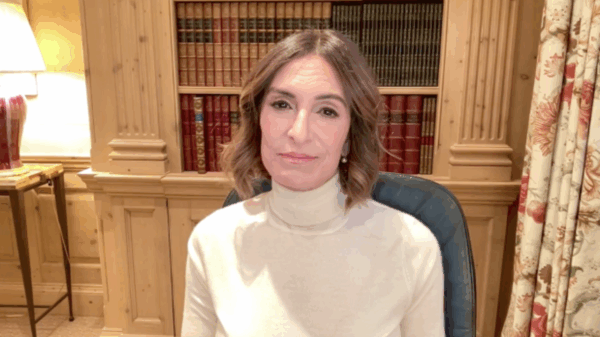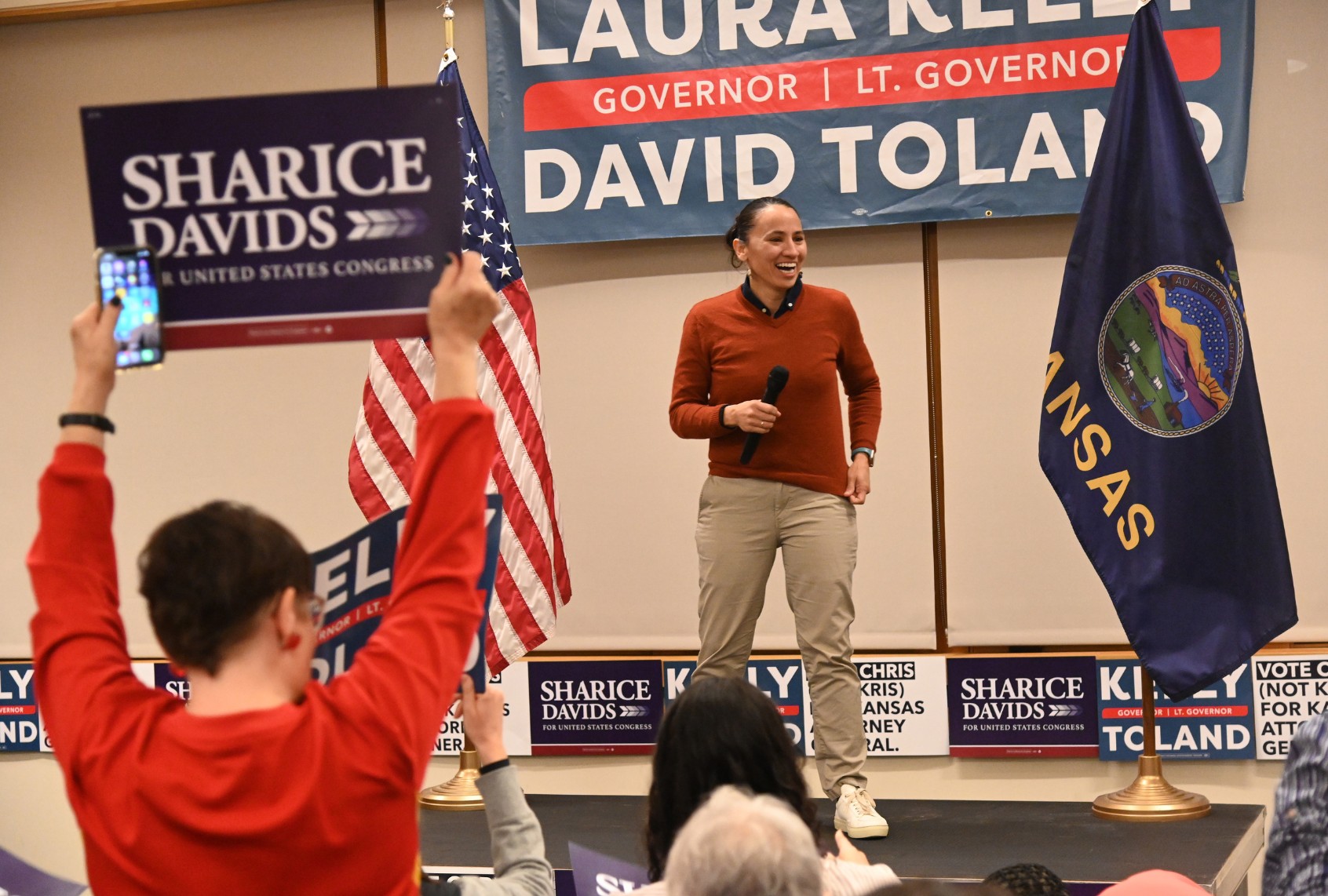In a political landscape increasingly marked by gerrymandering, Rep. Sharice Davids (D-Kan.) has defied expectations by winning reelection despite significant electoral challenges. Davids represents Kansas’ 3rd Congressional District, encompassing parts of the Kansas City metropolitan area and surrounding rural areas. The district was redrawn in 2022 following a Republican-led redistricting effort that aimed to dilute her voter base by splitting urban, diverse regions into more conservative territories.
Republican lawmakers were confident that the new maps would secure a majority for their party, with former Senate Majority Leader Susan Wagle asserting that they could “guarantee” four Republican congressional seats. Nonetheless, in both the 2022 and 2024 elections, Davids emerged victorious, defeating her conservative opponents by margins of 12 points and double digits, respectively. “The voters spoke loud and clear,” she stated.
Davids attributes her success to an intensive outreach strategy, focusing on connecting with voters across her district. “What I needed to do was continue figuring out how to bring the voices of the folks out to DC,” Davids explained. She capitalized on the prevailing frustration among Kansans regarding gerrymandering, which she believes undermines the democratic process.
Her platform, which includes advocating for abortion rights, promoting renewable energy, and pushing for tax reform, has helped solidify her support within the community. Her involvement in the 2023 bipartisan infrastructure bill further bolstered her image as a committed representative for her constituents.
Yet, Davids may face further challenges. Recently, Republican Kansas Senate President Ty Masterson indicated that a new round of redistricting could be on the horizon, aimed at consolidating Republican power in the state. “It is crucial that President Trump can continue working with a Republican Congress to keep delivering on his agenda,” Masterson remarked. This announcement has sparked concerns of a potential mid-decade redistricting reminiscent of efforts seen in states like Texas and Missouri.
If initiated, the new redistricting could significantly alter Davids’ constituency by further dividing Johnson County, the most populous in Kansas and a region that has seen a notable increase in registered Democrats. Over the past nine years, the Democratic voter base in Johnson County has grown by approximately 53,000 individuals, contrasting with stagnant Republican numbers.
Davids expressed her outrage at the prospect of another redistricting effort, stating, “People are pretty pissed about the idea of revisiting the idea of redistricting.” She attributes these maneuvers to the Republican Party’s struggle with unpopular policies and a desire to secure electoral advantages through manipulation rather than genuine voter support. Citing the impact of former President Trump’s policies on health coverage, she argued that the push for redistricting stems from a belief that Republicans cannot win fairly.
Political analysts are closely monitoring these developments. Geoffrey Skelley, Chief Elections Analyst at Decision Desk HQ, noted the precarious nature of the House Republican majority, emphasizing that Republicans are keen to bolster their positions ahead of the 2026 midterm elections, where polling indicates a slight Democratic advantage.
While Kansas is generally a Republican-leaning state, suburban areas, particularly those surrounding Kansas City, have shown a trend toward Democratic support in recent years. Skelley described the potential redistricting strategy as “cracking,” a tactic in which opposition voters are dispersed across multiple districts to dilute their electoral strength.
Although mid-decade redistricting is rare, it has occurred in the past. Samuel Wang, founder of the Princeton Gerrymandering Project, has pointed out that such actions are typically viewed as extreme and are driven by political desperation. He noted that while Davids has managed to navigate her challenging electoral environment effectively, further redistricting could create even more obstacles.
As Davids prepares for the possibility of another election under altered circumstances, she remains committed to her approach of engaging with voters. “The most important thing we can all be doing is making sure as many people as possible know that our state’s legislators are looking at doing Donald Trump’s bidding,” she emphasized. “They’re trying to change the field in the middle of a game they know they’re going to lose.”
Davids recognizes that her path to reelection will require continued effort and resilience in the face of evolving political dynamics. “It’s not just unfair,” she concluded. “It is egregious.”



































































